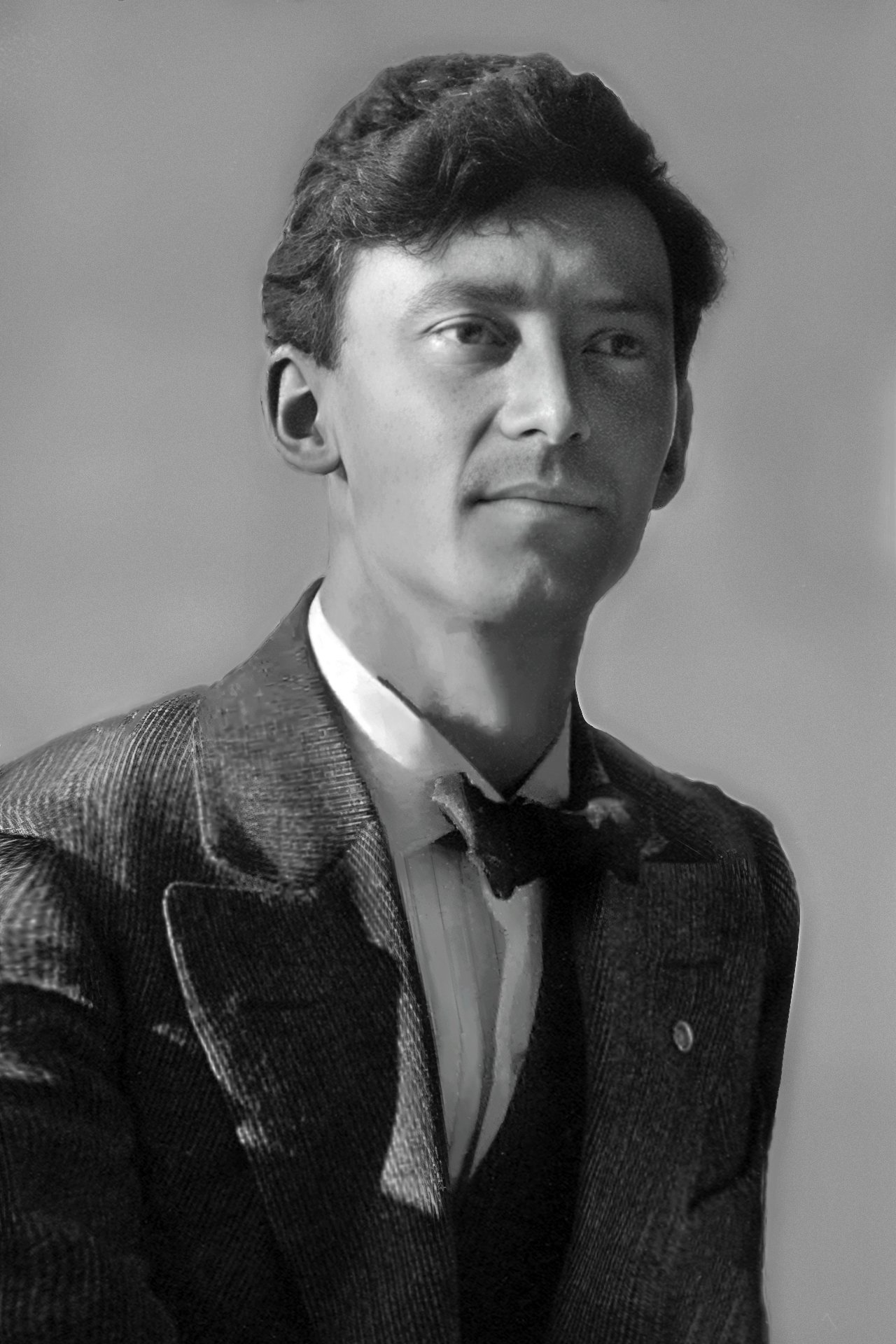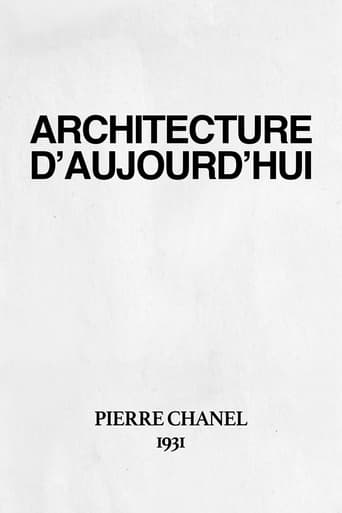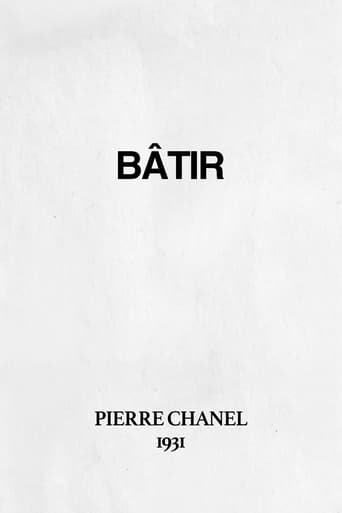
About
Albert Jeanneret
Overview
Albert Jeanneret, born February 7, 1886 in La Chaux-de-Fonds and died in 1973 in Corseaux, is a musician, composer and violinist from Neuchâtel. He is the brother of the architect Le Corbusier.
Albert Jeanneret began studying violin and harmony with Georges-Albert Pantillon in La Chaux-de-Fonds, before continuing his training with Andreas Moser at the Königliche Hochschule in Berlin from 1900. In 1908, he obtained a first prize for virtuosity in Henri Marteau's class at the Geneva Conservatory of Music. At this time, Albert Jeanneret founded a society of young composers which included Jean Binet and Charles Faller. He left Geneva a year later to follow Émile Jaques-Dalcroze in Hellerau near Dresden in Germany, and taught rhythm in the institute that the latter developed.
During the First World War, he returned to Switzerland and founded a string quartet, at the same time introducing contemporary music to the inhabitants of La Chaux-de-Fonds. In 1919, at the instigation of his brother, the urban planner Charles-Édouard Jeanneret-Gris, known as Le Corbusier, he joined the Schola Cantorum in Paris as a professor, then opened his own school: the French School of Rhythmics and Rhythmics. body education. Albert Jeanneret returned to Switzerland permanently in 1939, and settled in the small house in Corseaux built by his brother. He taught music in Vevey where he worked mainly with children, and recorded for Christmas 1963 the disc Joy is the key to happiness with the children's orchestra of the town of Vevey.
Albert Jeanneret left more than one hundred and fifty musical compositions. An Albert Jeanneret fund has been created at the Cantonal and University Library (Lausanne).
Known for
Sound |
||||
| 1931 | Bâtir | Sound | Music | 58 Average |
| 1930 | L'Architecture d'Aujourd'hui | Sound | Music | 59 Average |

